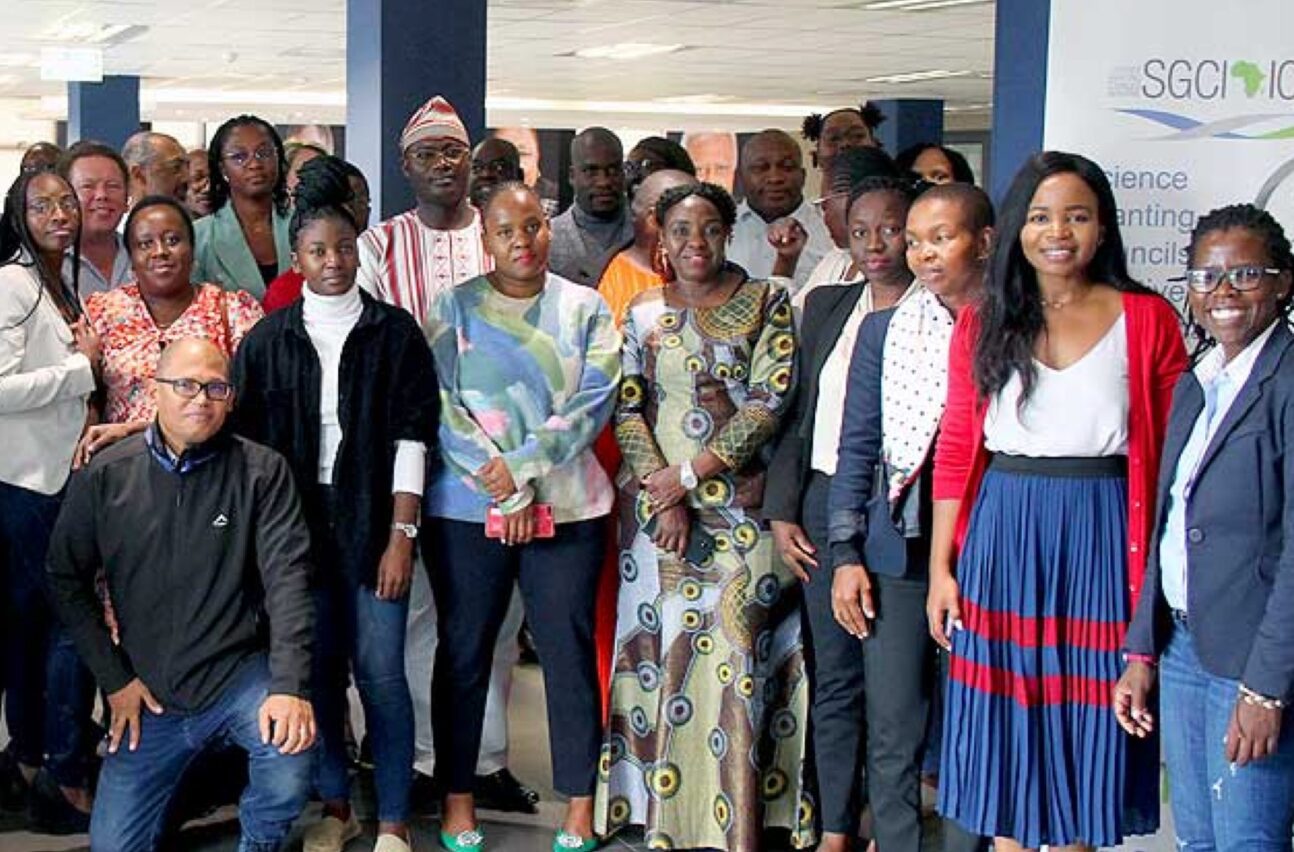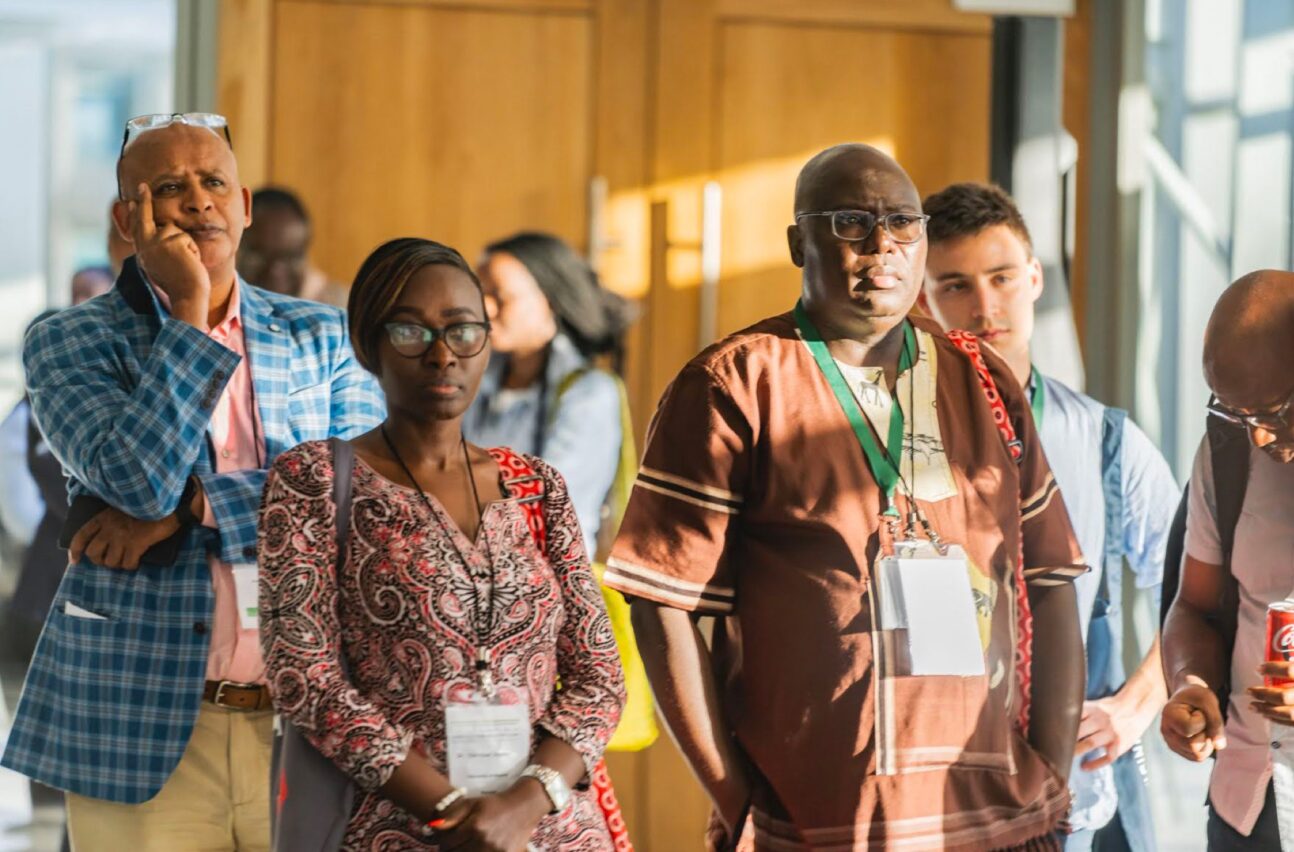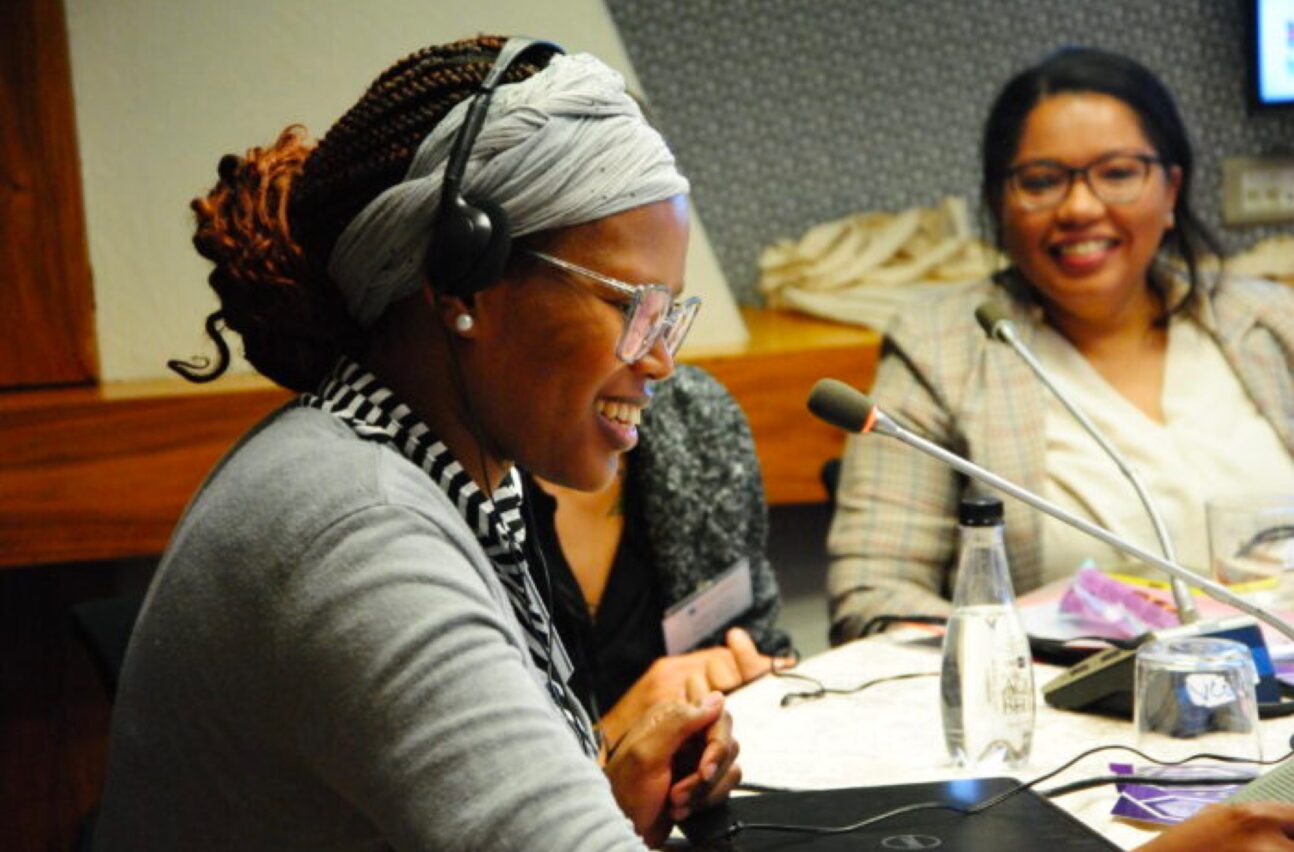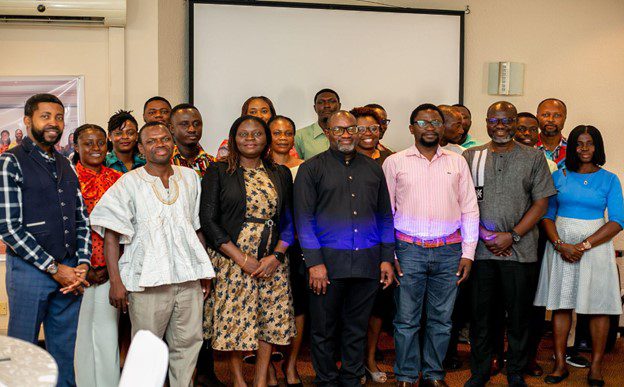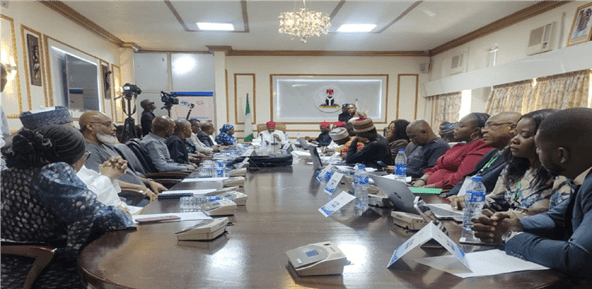To better respond to complex and evolving challenges, African Science Granting Councils (SGCs) are adopting strategic tools, such as the STEEP analysis, to strengthen science, technology, and innovation (STI) policymaking….
To better respond to complex and evolving challenges, African Science Granting Councils (SGCs) are adopting strategic tools, such as the STEEP analysis, to strengthen science, technology, and innovation (STI) policymaking. STEEP – Social, Technological, Economic, Environmental, and Political – helps policymakers understand how external factors influence the success of STI systems.
A Toolkit for Evidence-Informed Decision-Making
Adapted for the African context with support from the IDRC, the STEEP toolkit enables SGCs to assess drivers and barriers to policy goals, such as gender inclusion, climate resilience, and digital equity. By identifying trends and pressures across the five dimensions, it supports more informed and systemic decision-making.
The toolkit includes:
- STEEP Analysis Template – A worksheet for mapping current and past trends, highlighting barriers and enablers, and identifying relevant policy instruments.
- Guiding Questions – Prompts to explore how each STEEP factor affects a chosen policy challenge. These help uncover overlooked dynamics, such as cultural attitudes, infrastructure gaps, or a lack of political will.
Applying STEEP to Real-World Challenges
STEEP is especially valuable for stakeholder engagement, as it allows diverse voices to contribute to policy planning. For example, when focusing on increasing women’s participation in STI, the tool helps assess social norms, technological access, economic incentives, environmental conditions, and policy support.
Workshops held with SGCs across Africa demonstrated the tool’s flexibility and value in practical settings. Participants learned how to apply it to real-world policy issues and translate insights into actionable strategies.
A Tool for Building Resilient STI Systems
Ultimately, STEEP is not just a diagnostic tool—it’s a catalyst for inclusive, evidence-informed policy design. When used in conjunction with other resources, such as SGCI toolkits and innovation roadmaps, it enables councils to develop more resilient STI systems tailored to national and regional needs.
The toolkit is openly licensed, making it available for adaptation and use across the continent to support stronger STI ecosystems.
Themes
The SGCI aims to strengthen the capacities of these SGCs to support research and evidence-based policies that will contribute to economic and social development.
